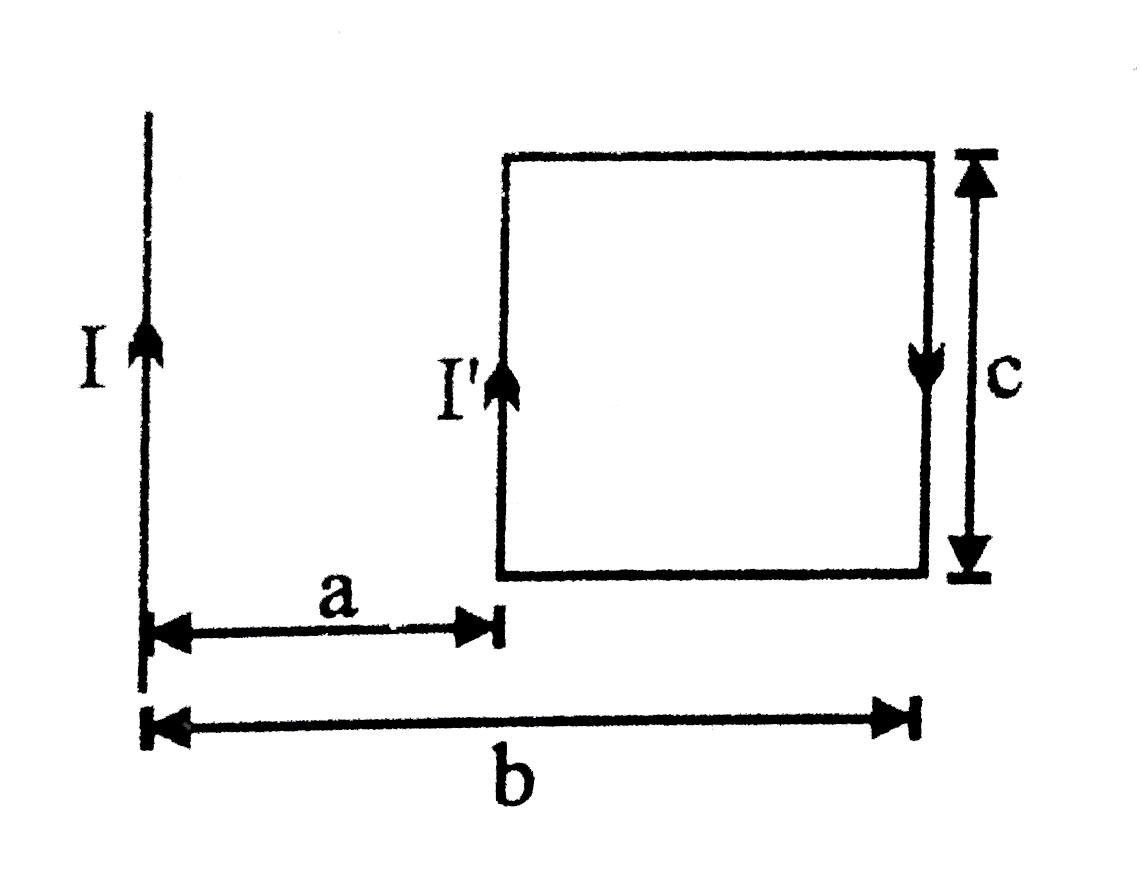What is conventional flow of current ?
Step-by-Step Solution:
1. Understanding Electric Current: Electric current is the flow of electric charge in a circuit. It is typically carried by electrons in a conductive material.
2. Defining Conventional Current: The conventional flow of current refers to the direction in which positive charges would flow. This is a historical convention established before the discovery of the electron.
3. Direction of Flow: In a circuit, the conventional flow of current is considered to move from the positive terminal of a power source (like a battery) to the negative terminal.
4. Components of a Circuit: In a simple electric circuit, you have:
- A power source (like a battery)
- A load (like a bulb)
- Connecting wires
- A switch to open or close the circuit
5. Flow in a Circuit: When the switch is closed, the electric current flows from the positive terminal of the battery, through the circuit components (like the bulb), and returns to the negative terminal of the battery.
6. Conclusion: Therefore, the conventional flow of current is defined as the flow of electric current from the positive terminal of a cell to the negative terminal of the cell.
- A power source (like a battery)
- A load (like a bulb)
- Connecting wires
- A switch to open or close the circuit
Topper's Solved these Questions
- ELECTRICITY AND CIRCUITS BOOK - MTG IIT JEE FOUNDATIONCHAPTER - ELECTRICITY AND CIRCUITS EXERCISE - NCERT Section
13 Videos
- ELECTRICITY AND CIRCUITS BOOK - MTG IIT JEE FOUNDATIONCHAPTER - ELECTRICITY AND CIRCUITS EXERCISE - EXERCISE (Multiple Choice Questions) LEVEL -1
30 Videos
- FUN WITH MAGNETSBOOK - MTG IIT JEE FOUNDATIONCHAPTER - FUN WITH MAGNETSEXERCISE - Olympaid/HOTS Corner
15 Videos
Similar Questions
Knowledge Check
Officially what is the conventional long name of Sri Lanka?
ADemocratic Socialist Republic of Sri LankaBSocialist Republic of Sri LankaCRepublic of Sri LankaDNo option is correct.In a conductor, the flow of current is
Aflow of moleculesBflow of positive ionsCflow of free electronsDflow of positive chargeIn a conductor, the flow of current is
Aflow of moleculesBflow of positive lonsCflow of free electronsDflow of positive charge
Draw the diagram of a closed electric circuit. Mark the direction in which the electrons will flow in this circuit. Also mark the conventional direction of flow of current.
View SolutionWhat are conventional signs?
View SolutionThe conventional direction of an electric current is
View SolutionWhat is the convention for direction of an electric field?'
View SolutionAn infinitely long straight wire carries a conventional current I as shown in the The rectangular loop carries a conventional current I in the clockwise direction Find the net force on the rectangular loop

View Solution
